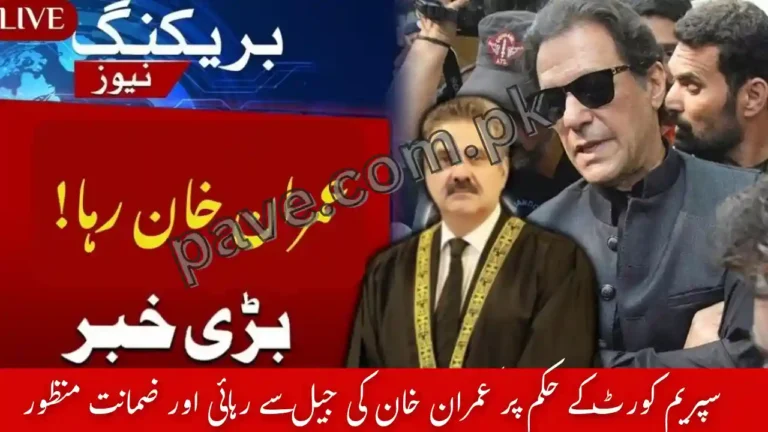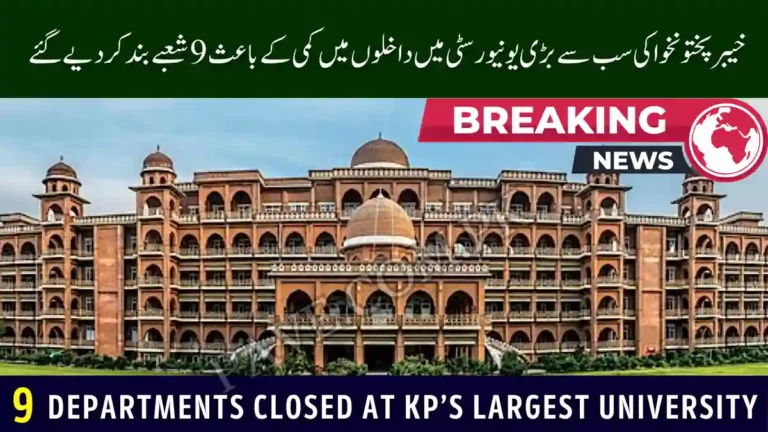PSL Franchise New Owners: PCB Hints at Major Changes Ahead

The Pakistan Cricket Board (PCB) has quietly signaled one of the biggest transformations in the history of the Pakistan Super League (PSL) — a move that could bring new owners for multiple franchises and reshape the commercial landscape of Pakistan’s most successful sports brand. As preparations for the next 10-year PSL franchise cycle near completion, the board’s latest statement about “eligible franchises” has raised eyebrows and sparked intense speculation about potential ownership changes ahead of PSL 2025.
Sources inside the PCB confirm that discussions are already underway to finalize fresh franchise agreements under a revised financial and ownership model, designed to make the league more competitive, transparent, and investor-friendly.
A New Era Begins for the Pakistan Super League
According to the latest PCB updates 2025, the existing PSL franchise contracts — signed in 2015 when the league was launched — will officially expire in December 2025. This marks the end of the first decade of Pakistan’s flagship T20 competition and the beginning of a new, more commercially ambitious chapter.
The PCB, under Chairman Mohsin Naqvi, has emphasized that only “eligible and compliant” franchises will be offered renewed rights for the next 10 years. The wording of this clause has fueled speculation that some of the original teams may lose their ownership if they fail to meet the new financial and compliance criteria.
In a high-level meeting in Lahore, officials from EY MENA, the international consulting and auditing firm hired by the PCB, presented the long-awaited PSL valuation report. The report, according to insiders, outlines the market value of each team, the league’s revenue growth potential, and guidelines for the new franchise agreements.
Read More: Mike Hesson Reveals Real Reason Behind Babar Azam’s T20I Comeback
Transparency and Expansion at the Core
The Pakistan Super League news has already sent waves through the sports and business community. As per official statements, the next phase of PSL will not only bring new ownership opportunities but also a league expansion from six to eight teams — the largest structural upgrade since its inception.
PCB Chairman Mohsin Naqvi directed officials to meet all franchise representatives and finalize new contracts “as soon as possible.” Under the new plan, franchise values will be determined based entirely on EY MENA’s independent market report, ensuring transparency and preventing arbitrary negotiations.
The new cycle also introduces a revised payment structure, requiring current franchise owners to pay an estimated 25% premium on top of their new valuation if they wish to retain their rights for another decade. Failure to meet this condition could result in new owners stepping in, opening the door for fresh investment in Pakistan’s cricket economy.
Possible Ownership Shake-Up
While the PCB’s official tone remains diplomatic, the mention of “eligible franchises” has fueled ongoing rumors of a PCB franchise shake-up. The board’s decision to rely on independent audits has effectively put all teams under review — particularly those facing legal or financial disputes with the PCB.
Among the franchises facing uncertainty is Multan Sultans, whose owner Ali Tareen has been in a public dispute with the board over alleged contractual breaches. Legal experts suggest that this conflict could jeopardize the franchise’s eligibility to renew ownership under the new structure, even if Tareen intends to rebid.
Industry observers believe that such changes, though controversial, could inject new energy and professionalism into the league by attracting corporate investors and international sports management firms. The PSL franchise new owners model may also bring global exposure and increased financial stability to Pakistan’s cricket ecosystem.
Read More: PSL 11 to Be Played in Six Cities Across Pakistan 2025
PCB’s Vision for PSL 2025
The PCB updates 2025 highlight a strong commitment to turning the PSL into a globally recognized sports league on par with the IPL and Big Bash. The focus is now on building long-term sustainability through financial transparency, investor accountability, and strategic marketing.
Chairman Mohsin Naqvi has repeatedly emphasized that the league’s future depends on ensuring fairness for all stakeholders. “We want the PSL to grow into a billion-rupee brand, but that requires modern contracts, corporate discipline, and investor trust,” he stated in a recent press release.
As part of the PSL 2025 changes, the board is also exploring new revenue-sharing models, digital broadcasting partnerships, and stronger brand licensing opportunities to increase profitability for both the PCB and team owners.
Legal and Financial Challenges Ahead
Despite the ambitious plans, the path forward isn’t without hurdles. Multiple franchises are reportedly concerned about the higher valuation fees and the 25% markup condition. Some owners argue that while the league’s overall value has grown, profit margins have remained narrow due to limited sponsorships and fluctuating broadcasting revenues.
Legal analysts caution that if negotiations with existing owners collapse, the PCB could face court challenges or arbitration disputes — particularly from those who feel unfairly excluded from renewal talks. However, the board appears prepared for resistance, stressing that the new PSL model must align with international standards of transparency and competition.
Read More: Breaking: Pakistan Announce T20I Squad for South Africa Series 2025
The Future of Team Ownership in PSL
With Pakistan’s economy showing signs of stabilization and cricket regaining momentum, many business groups — both domestic and overseas — are expressing interest in investing in PSL team ownership.
If the current owners refuse to accept the new financial terms, new bidders could enter the race, potentially introducing foreign investors, tech companies, and sports management firms into Pakistan’s cricket ecosystem. This could give the league a stronger international presence and diversify its investor portfolio.
Analysts predict that new ownership structures could also lead to improved team branding, fan engagement strategies, and global sponsorship deals — key components for taking the PSL into its next decade of success.
Conclusion
As the PSL franchise new owners era approaches, the Pakistan Super League stands at a defining crossroads. The upcoming PSL 2025 changes could mark a turning point in how cricket is managed, monetized, and marketed in Pakistan.
Whether it leads to a smoother, more corporate-driven model or sparks a wave of ownership disputes, one thing is certain: the PCB’s reform agenda under Mohsin Naqvi is set to reshape the league’s foundations. For fans and investors alike, the next few months will determine who controls the future of Pakistan’s biggest sporting brand — and how the next chapter of the PSL unfolds.






